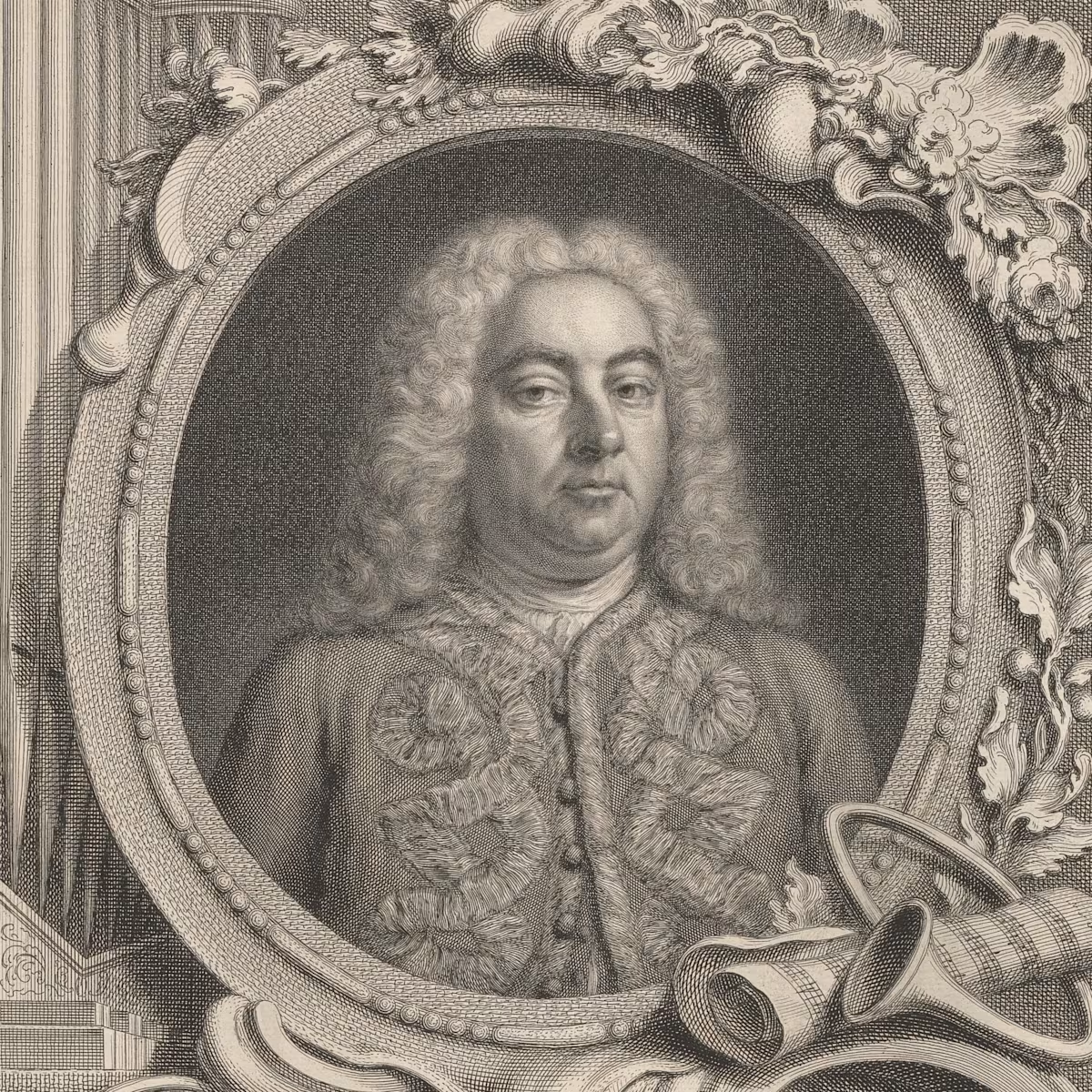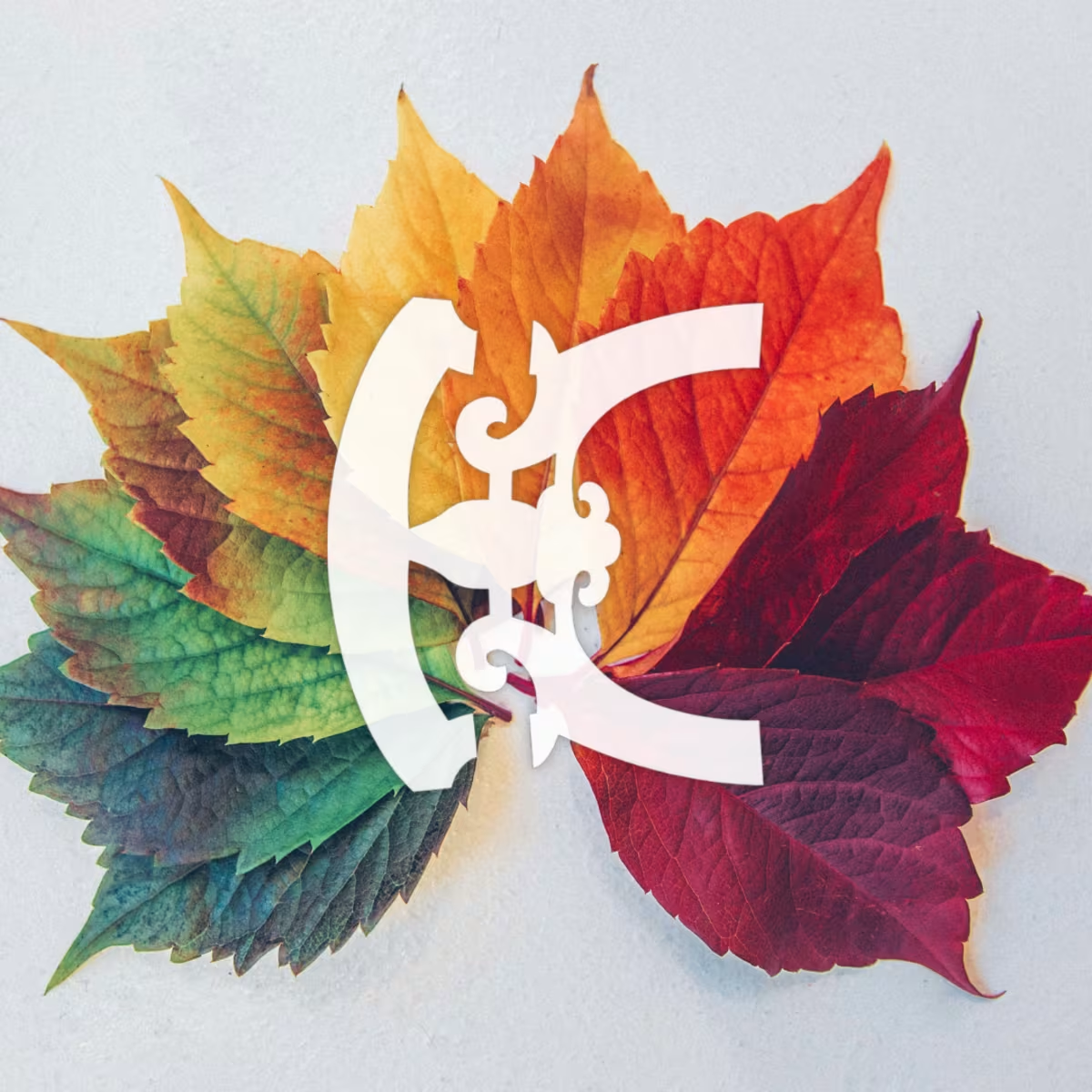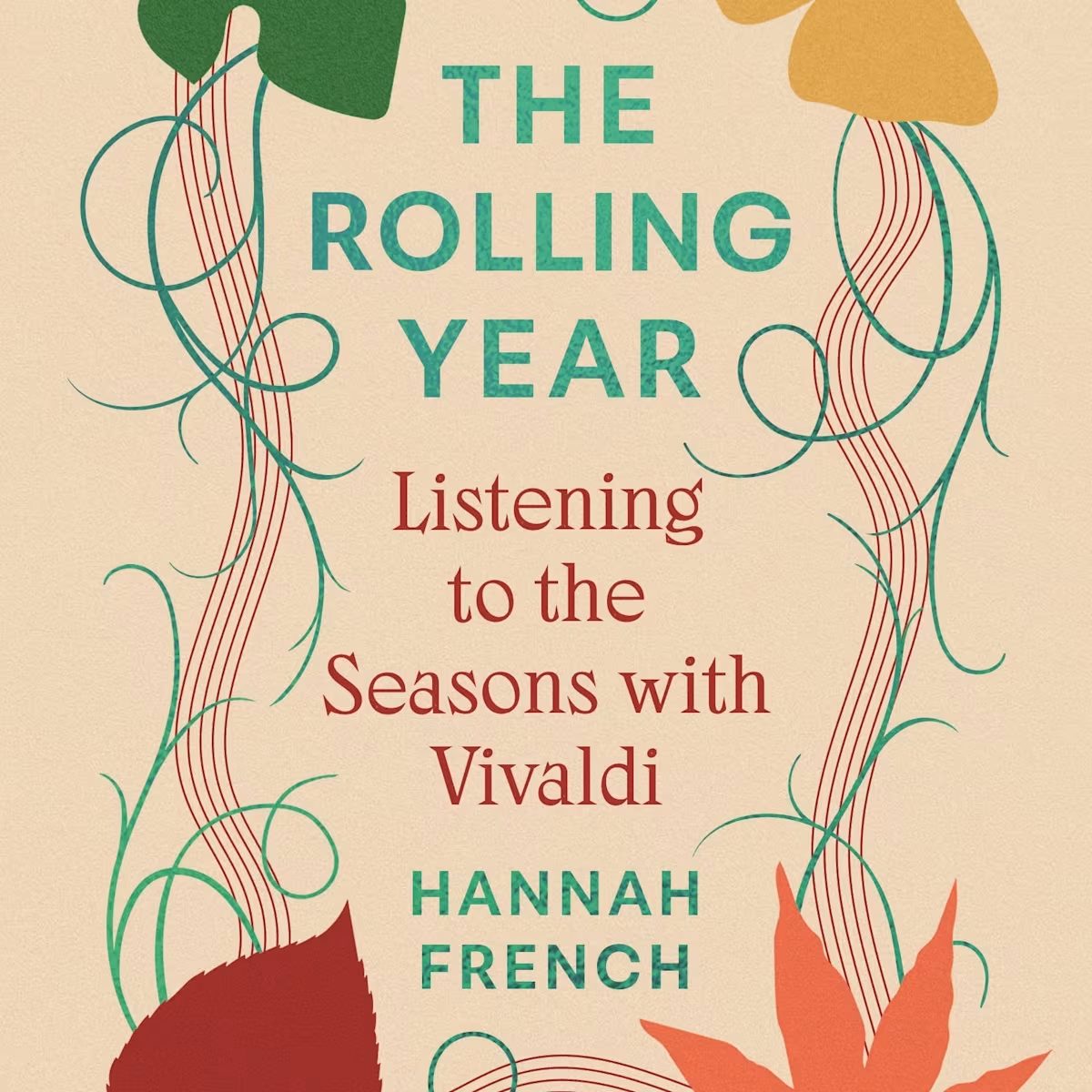Feature
Paul McCreesh: Always an Educator
Share this

FIRST PUBLISHED 24 NOV 2024
There is nothing at all modest about the plans of Gabrieli Roar and its director, Paul McCreesh, in the weeks leading up to Christmas. This lively partnership between the Gabrieli organisation and a network of English youth choirs began in 2010 as the Gabrieli Young Singers Scheme and five years later became Gabrieli Roar. The project is focused on those of secondary school age and, through an extensive vocal programme, aims to introduce young people to classical music. From 27 November until 11 December, they will be touring the cathedrals of England, joining forces with young voices from each area in a programme of ‘West Gallery’ music from around 1780 to 1830—A Grand Georgian Christmas. By the time they finish at St. Mary Redcliffe, Bristol, they will have involved 4,000 singers in Portsmouth, Norwich, Ely, Coventry, Blackburn, Carlisle, Hull, York, Exeter, and Truro. The programme includes many pieces “featuring the rich harmonies and spirited rhythms that once filled the towns and village churches of England.”
Paul says, “After the pandemic, I decided I wanted to spend more time with Roar, and it has expanded very rapidly over the last five years. This year has seen our biggest programme ever, with workshops in schools all over the country. The Christmas programme is based around the idea of community singing and is a great way in to a wide range of classical music. It's a great repertoire, as the music connects naturally with social history and broader culture. I use the word ‘culture’ deliberately because Roar is a cultural project, not just a singing project. I want the participants to connect to the whole world of literature and art, history, religious thought, and much else. Music offers such a great way in to all this.”
In July 2024, Roar held its annual five-day residential course at Gresham's School in Norfolk, immersing 200 young singers in Verdi’s Requiem before performing it in a packed Ely Cathedral. Paul says, “It’s not only the palpable thrill of young people tackling a major choral work and giving an excellent performance alongside Gabrieli’s singers and players. I love the way that our programme of workshops, masterclasses, sectional coaching, and one-to-one singing lessons develops real confidence which will help them in all aspects of their lives.”

The progression of the Gabrieli Consort and of Paul himself has been maturing ever since the 1980s. “Hard to know how to summarise 40 years. I suppose it divides into chunks. I began with a short career as a teacher, but I had started the Gabrielis when I was 22. At 28, I left formal teaching, and very soon spent a dozen years making recordings for DGG. In some ways I regard these as 'sins of my youth,’ though others see them as classics! It was a great time—we recorded a lot of works which had not been done in that way before, and it gave me a chance to hone my craft.” He points out that “‘early music’ is as much a concept as a historical period, and I’m not sure I was ever really a specialist in the narrower sense. It was just part of my repertoire. On the other hand, I've always been fascinated by historical perspectives, and how the music might have sounded.” While the growth of the early music movement is in many ways a cause for celebration, McCreesh is keen on the preservation of its respect for serious musicological research. "Silliness, especially in opera, and tasteless ornamentation or clumsy continuo practice are particular bêtes noires — we really don't need harps twanging away every two minutes.”
As time has gone on, he has become more interested in the music from later years than those traditionally thought of as early music. “For the last 20 years I've been mainly a symphonic conductor, working with modern instrument orchestras, though hardly ever in the UK.” In the US, he has recently been working with the Dallas Symphony Orchestra and Minnesota Orchestra; in Europe with orchestras in Wroclaw, Zurich, Stockholm, Amsterdam and Paris, among many others.
Gabrieli itself has evolved in multiple directions, too—winning awards for its recordings on Winged Lion/Signum Classics of Britten's War Requiem, Berlioz’s Grande Messe des Morts, and Mendelssohn’s Elijah, as well as A Venetian Coronation 1595, one of their first recordings, revisited and reworked in 2012, and Purcell’s Fairy Queen and King Arthur.
A particularly successful project last year included their performances and recording of Elgar's oratorio The Dream of Gerontius using instruments appropriate to the first performance in 1900, and winner of a recent Gramophone award. “If there is to be any value in a ‘canonic’ repertoire, we should reinvent the music constantly, responding to both older and newer experiences. Elgar on period instruments really does sound quite revelatory.”
For all the success of these projects, Paul views the making of such recordings as both a statement of artistic intent and a labour of love. “There’s little commercial value in recorded sound anymore—with Gerontius we'll be lucky if we get 20% of the costs back.” He worries that the retrenchment by public authorities at all levels is making the artistic climate of the 2020s far too precarious. “If money was available, I'd combine the Gabrielis with all my other work around the world and create a supergroup to perform the widest repertoire on period instruments. I was lucky to come into the business when a group like the Gabrielis was commercially viable. That’s not the case anymore. It won’t affect chamber music so much, but for younger artists, where are the chances to perform big works going to come from?”

The educationalist deep within Paul McCreesh is still striving to fight against the downgrading of music in many schools and local authorities. “There is now effectively a form of musical apartheid between the private- and state-educated; the independent schools have budgets to create artistic opportunities that only a few state schools can remotely match. An awful lot of students go through their education without ever encountering challenging music teaching due to never-ending cuts and rearranged priorities. Indeed, so many teachers themselves have only limited knowledge of classical music. We need to be much more imaginative in connecting professional music with schools. It’s a profoundly wonderful world, and we need to make sure the door is open to every child. As we’ve proved with Roar, we should never underestimate the abilities of young people."
Author: Simon Mundy
Share this
Keep reading

The infinite variety of Handel’s ‘Messiah’
Few works in Western music have proved as infinitely adaptable, resilient, and continually renewed as George Frideric Handel’s ‘Messiah’ oratorio.

Playlist: The Seasons
Journey through musical depictions of the four seasons, from Vivaldi’s best-loved concertos to other seasonal works by Purcell, Guido, Simpson, Haydn and more.

The Rolling Year: Listening to the Seasons with Vivaldi
On the 300th anniversary of Vivaldi's The Four Seasons, Dr Hannah French embraces the art of listening seasonally in her exploration of this classic work.



